Merrimack Pharmaceuticals, Inc. announced that the U.S. Food and Drug Administration (FDA) has granted seribantumab, also known as MM-121, Fast Track designation for development in patients with heregulin-positive, locally advanced or metastatic non-small cell lung cancer (NSCLC) whose disease has progressed following immunotherapy.
Merrimack is conducting the SHERLOC trial, a global clinical study of seribantumab in combination with docetaxel or pemetrexed in heregulin-positive patients with NSCLC that is designed to support a Biologics License Application to the FDA. Seribantumab is Merrimack's wholly owned, fully human monoclonal antibody that targets ErbB3.
"We are pleased that the FDA recognizes the importance of investigating a novel, biomarker-directed agent such as seribantumab for patients with locally advanced or metastatic NSCLC who have been previously treated with an immunotherapy," said Dr. Akos Czibere, Vice President, Clinical Development at Merrimack. "Heregulin-positive cancer cells are characterized by their ability to escape the effects of a broad range of cancer therapies and potentially contribute to accelerated disease progression. The SHERLOC trial is designed to advance the development of a much-needed treatment option for patients with heregulin-positive NSCLC after they progress on immunotherapies. This is important because we find that more than 50% of patients with NSCLC are heregulin-positive."
Seribantumab is designed to block heregulin-driven signaling and enhance the anti-tumor effect of the chemotherapy. Data from Merrimack's prior clinical studies have shown that standard-of-care therapy may be more effective and result in improved patient outcomes when combined with seribantumab. Merrimack is investigating the efficacy and safety of seribantumab plus standard-of-care therapy in the SHERLOC trial.
The SHERLOC trial is a randomized, open-label, multi-center, Phase 2 study in patients with heregulin-positive, locally advanced or metastatic NSCLC. Merrimack expects to enroll approximately 280 heregulin-positive patients who will be randomized (2:1) to receive seribantumab in combination with either docetaxel or pemetrexed versus docetaxel or pemetrexed alone. The study's primary endpoint is overall survival with secondary endpoints including progression free survival, objective response rate, safety and quality of life measures. The study is designed to support a Biologics License Application to the FDA with data expected in 2018.
<< Pharma News
Subscribe to PharmaTutor News Alerts by Email




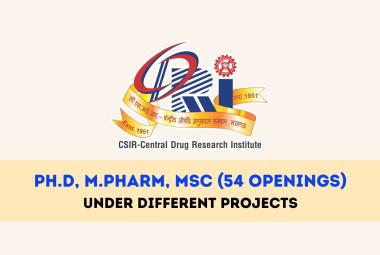
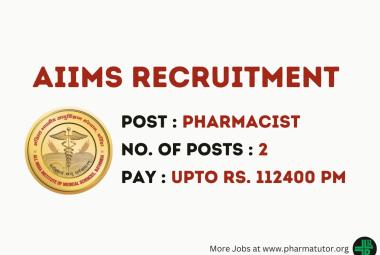
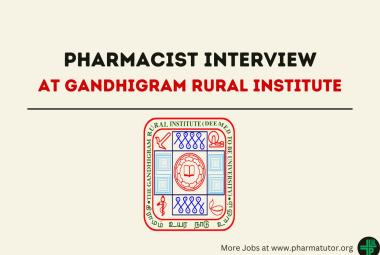
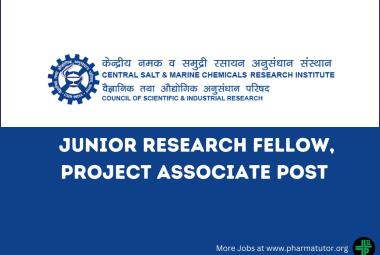
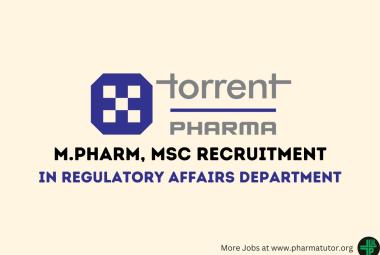



.png)


